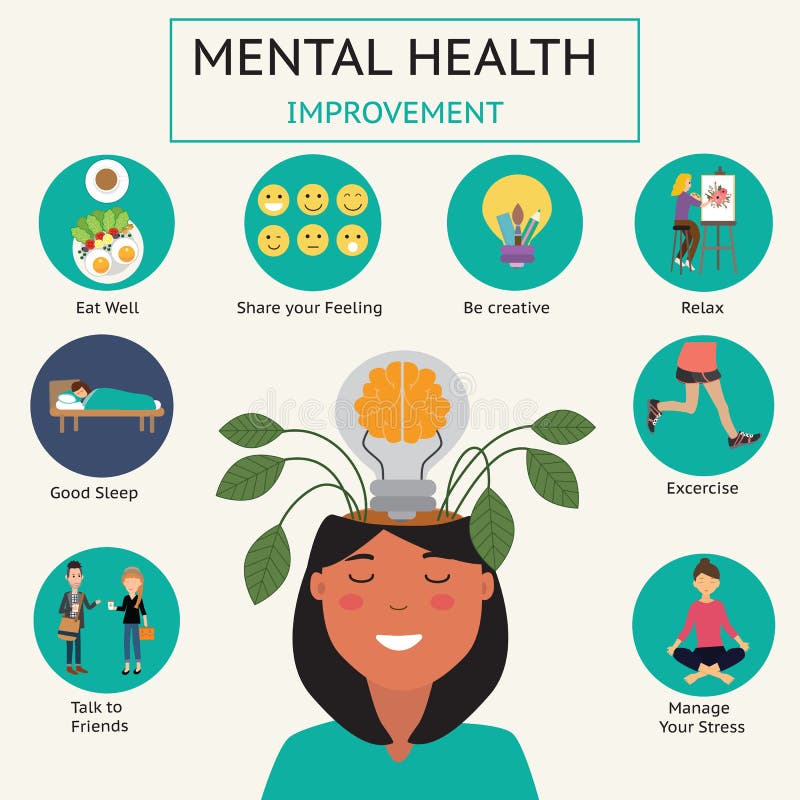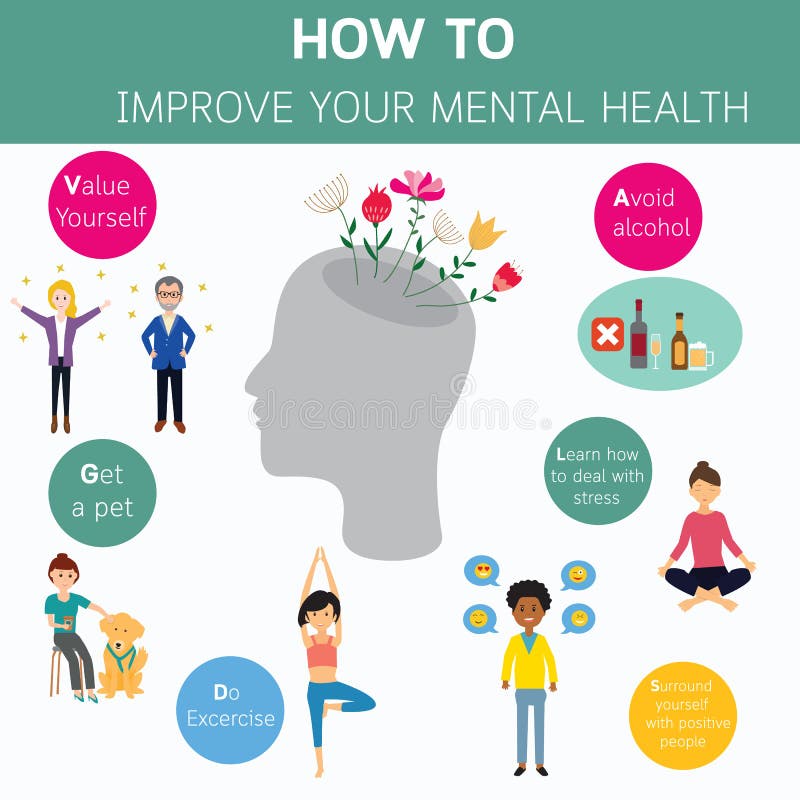By:
TrainCoreFit
12-19-2025

Unlock the secrets to lasting mental wellness with this comprehensive guide to improving your mental health and overall well-being.
Living a healthy lifestyle encompasses more than just physical health; mental health is equally important. In this ultimate guide, we will explore the key components of maintaining good mental health through exercise, nutrition, and gym planning.
Setting realistic and achievable fitness goals is the first step in improving mental health. When we have clear goals, we have a sense of purpose and direction. It’s important to set goals that are specific, measurable, attainable, relevant, and time-bound (SMART).
Creating a workout routine that aligns with your goals is crucial. This routine should include a variety of exercises to target different muscle groups and should be tailored to your fitness level and preferences. Remember to incorporate warm-up and cool down exercises to prevent injury and maximize the benefits of your workout.
Consistency is key when it comes to working out. Finding activities that you enjoy and that align with your fitness goals can help keep you motivated. Incorporating both cardiovascular and strength training exercises into your routine can provide a well-rounded approach to fitness.
Listen to your body and don’t push yourself too hard. Rest and recovery are equally important for mental health as they allow your body to heal and recharge.
A balanced diet plays a significant role in mental health. Consuming a variety of fruits, vegetables, whole grains, lean proteins, and healthy fats can provide essential nutrients that support brain function and overall well-being.

Image courtesy of via Google Images
Meal planning and prepping can help you make healthier food choices throughout the week. Superfoods such as blueberries, salmon, and spinach are packed with nutrients and can benefit your mental health.
Understanding the difference between macronutrients and micronutrients is essential for maintaining good mental health. Macronutrients, such as carbohydrates, proteins, and fats, provide energy and support various bodily functions. Micronutrients, such as vitamins and minerals, play a crucial role in brain health and cognitive function.
Ensure that you are consuming a balanced diet that includes adequate amounts of both macronutrients and micronutrients to support your mental well-being.
Staying hydrated is vital for both physical and mental health. Dehydration can negatively impact mood, concentration, and cognitive function. Aim to drink an adequate amount of water throughout the day and consider incorporating hydrating foods such as fruits and vegetables into your diet.

Image courtesy of via Google Images
Creating a gym plan that fits your schedule and preferences is essential for consistency in your fitness routine. Whether you prefer working out in the morning or evening, at home or in a gym, finding a routine that works for you is key.
Maximize your gym sessions by setting specific workout goals and tracking your progress. Having a structured plan can help you stay focused and motivated.
Rest days are just as important as workout days for mental health. Giving your body time to rest and recover allows your muscles to heal and rebuild, reducing the risk of burnout and injury. Incorporating relaxation techniques such as meditation, yoga, or deep breathing exercises can further support mental well-being.

Image courtesy of via Google Images
While it’s ideal to get most of your nutrients from whole foods, supplements can be beneficial for filling in any nutritional gaps. Common supplements such as omega-3 fatty acids, vitamin D, and magnesium can support brain health and overall well-being.
Consult with a healthcare provider before starting any new supplement regimen to ensure they are safe and appropriate for your individual needs.
By incorporating these key components of fitness, nutrition, and gym planning into your lifestyle, you can take significant strides towards improving your mental health. Remember that small changes over time can lead to long-lasting positive effects on both your physical and mental well-being.
Table of Contents